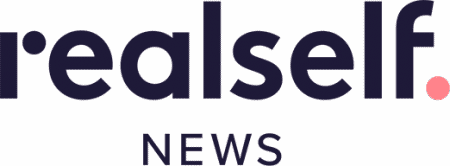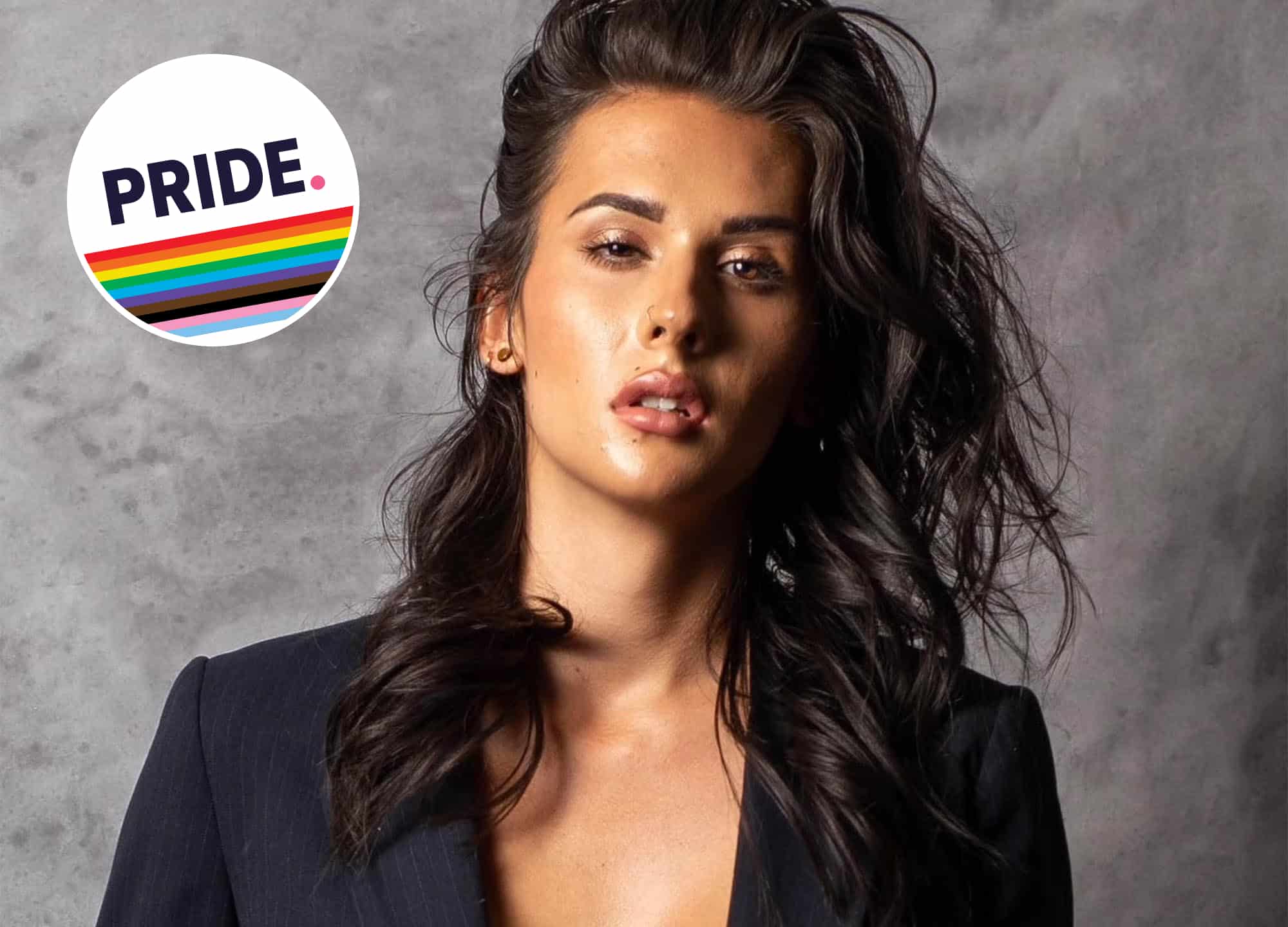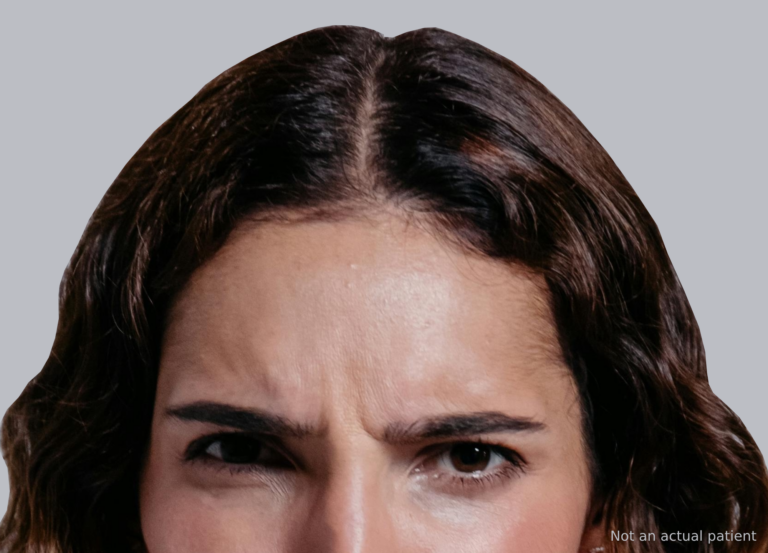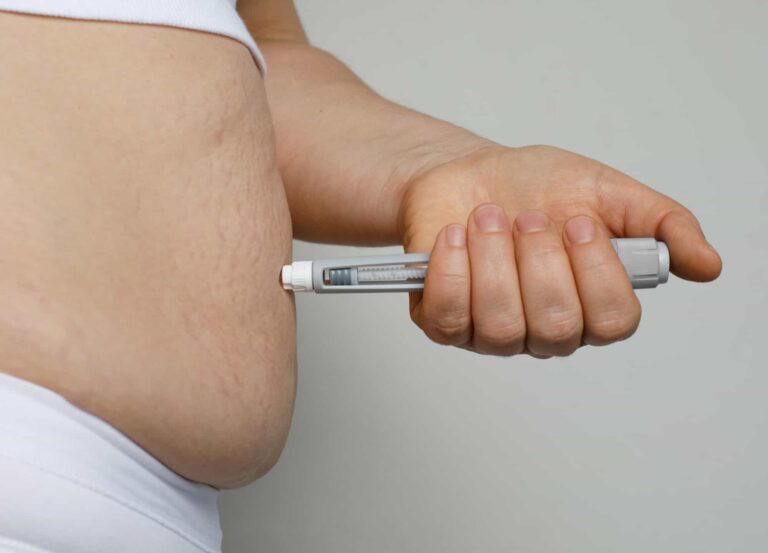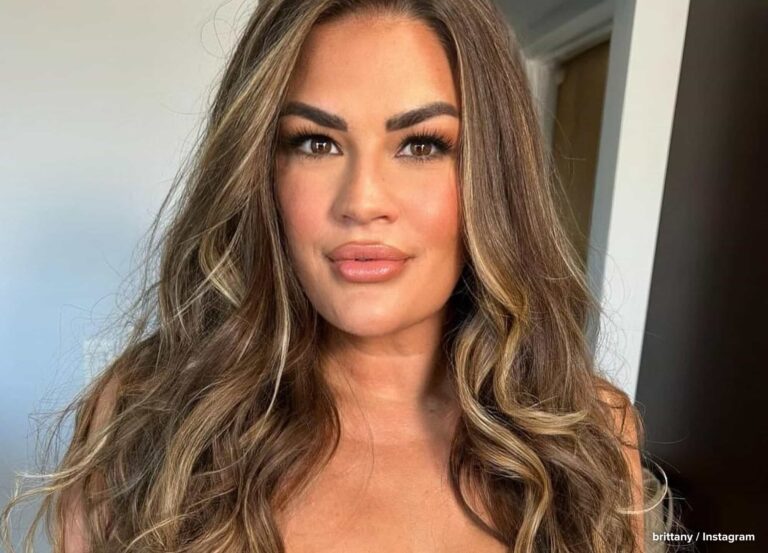RealSelf is proud to support and stand with the LGBTQIA+ community year-round. Our platform is an unbiased resource for everyone—regardless of age, ethnicity, sexual orientation, or gender identity.
To celebrate Pride, we’re elevating stories of strength, truth, and transformation from LGBTQIA+ influencers, activists, and community members—plus highlighting leaders in the field of gender confirmation surgery and hormone replacement therapy.
Rose Montoya is a 25-year-old activist and model living in Phoenix. She shares her journey and experience as a trans woman on YouTube and with her more than half a million followers on TikTok. This is her story of coming out, getting surgery, and becoming an influential voice for the LGBTQIA+ community.
A decade ago, I was outed as being gay, so I never had the privilege or the option to come out to my own family in the way I wanted to. That was really challenging for all of us, because my family is so religious—or, at least, they used to be. I grew up in a small, middle-of-nowhere farm town in Idaho, and my dad was a full-time worship pastor and my mom was a full-time missionary. Naturally, having a queer kid was not in their plan. I was told that I was an abomination, a sinner, and that I would go to hell for being myself. It took years for me to unprocess all of the internalized shame and guilt that I had.
Years later, when I was away at college, I was feeling pretty good about myself and had accepted the fact that I thought men were cute, but I started having gender dysphoria and was like, Oh f*ck, what is this? So I experimented with wearing women’s clothing and performing in drag, and I came out as trans that year, in 2015. I was lucky, this time, to be able to come out on my own. I wrote a 20-page letter to my entire family and sent it to everyone all at once. I wrote, “I’m trans—and if you don’t like that, then you don’t have a family member anymore.” I set a very, very strong boundary.
It took 24 hours for anyone to respond, but my mom ended up calling me, and she was terrified. She said she was really worried for me and scared about my future, but what I heard at the time was that she wasn’t going to love me or accept me. She didn’t know a single trans person, and the only representation or idea that she had in her head was the serial killer from Silence of the Lambs or someone who was the butt end of a joke or a tragic story. She didn’t see any positives.
I didn’t see a successful future for myself either, but I knew who I was and that I couldn’t change it. I distanced myself from my family and villainized them for years, even though they wanted to be in my life, because their fear was too loud for me to feel safe and comfortable. Today, my family is my closest support system—they’re all so loving and supportive. It was a long journey of arguments and difficult conversations, and it took a decade, but we’re here and I’m incredibly thankful.
Coming out as trans gave me so much confidence and so much euphoria that I never expected to have, but a large part of that had to do with being surrounded by queer people—my chosen family. And rather than going to church, I was going to therapy and I was getting logical responses rather than fearful, manipulative, emotional responses.
I don’t think I ever truly felt like I was born in the wrong body—that phrase just never fully resonated with me–but after coming out as trans, I was like, “I need to start hormones.” I felt so dysphoric, and I wanted to look more feminine. I wanted to recognize the person I saw in the mirror. I always wanted surgery, from the time I came out as trans, but I wanted to wait and see what hormones did.
My breast augmentation
Having breasts was something that was always really attractive to me. Even as a child, I wanted to have boobs. My family, of course, thought that was a heterosexual attraction, but it wasn’t that I wanted to be with boobs; I wanted to have them. Hormones did so many great things for me, but they did not give me boobs, so I tried and failed multiple times to have breast augmentation. That was always my top-priority surgery, but I didn’t have the finances to afford it—I was living paycheck to paycheck. There were times when I was without insurance and times when the insurance I did have wouldn’t cover the procedure or I couldn’t afford the deductible. There was always something preventing me from getting surgery.
Then quarantine hit. I was furloughed by my job as a makeup-counter manager and I was in a toxic relationship situation, so I moved back in with my parents. I was able to save a lot of money and put my own needs first, for the first time ever. I was never living for myself, fully, until 2020, when I pretty much lost everything. I lost my job, my partner, my security, my home. So I decided to put myself first and found a transgender plastic surgeon close by in Scottsdale: Dr. Ellie Zara Ley. It made me feel so comfortable that she was trans and had been through my experience and could relate to me. After seeing before-and-afters of her work and talking to some of her patients, I thought, I have to do this.
It was really hard to ask for help, but I knew that I had no other choice than to start a GoFundMe. I had waited five and a half years, at that point, to have surgery. I was so desperate and so ready. I was absolutely overwhelmed by the love and support I received from my family, friends, and random people on the internet who followed me or who were in the community. Within just a month and a half, I was able to fully fund my breast augmentation and book it for a month later. I was expecting to wait six months to a year—that’s pretty typical for elective surgery, especially for trans people, because there’s just so much demand and not a ton of surgeons—but because of COVID-19, a lot of people had postponed their surgeries.
I got my breast augmentation on September 1, 2020, and it’s the greatest decision I’ve ever made. Everyone told me it would be the most painful surgery I’d ever have and that recovery would be horrible, but my excitement allowed me to dismiss all my pain and discomfort; I felt completely fine the whole time.
My boobs are absolutely perfect—trans and cis people alike always compliment them. They’ve brought me so much confidence, so much euphoria. There’s a huge difference in who I am, my personality, my confidence, the type of content I make, the types of jokes I make. Obviously, having boobs doesn’t make me any more of a woman or any more valid or any more beautiful, but the confidence that it gave me is priceless.
Social media fame
After my breast augmentation, I ended up blowing up on social media. I got a lot of sponsorships, and I started making real money off of TikTok and Instagram, which was a shock. It was all completely out of the blue. After being initially furloughed, I’d been let go from my job in August because of the pandemic, and I didn’t know what I was going to do. I’d always wanted social media to be my full-time job, and then it just happened organically, so it really was a blessing.
I love attention, I’ll be honest about that. I’ve always loved being onstage and performing, and I grew up in a really small town where everyone knew my name, so that could be part of why I feel so comfortable sharing my life on social media. But more important, I grew up not knowing the word transgender. I grew up not knowing a queer person. I didn’t know what queer or gay even meant—just that they were bad words people used to call me on the playground.
A large part of being so visible for me today is, I want to be the representation that I needed when I was younger. As someone nonbinary who loves being trans, loves their body, and never wants bottom surgery, I think it’s important to let young people who are struggling know that they are perfect, they are enough, and they’re allowed to exist this way and be successful, confident, and happy.
People love when I talk about my experience as a trans person, especially because I don’t view surgery as running away from dysphoria. I don’t think surgery comes from self-hatred. A lot of the narrative that we see around gender-affirming surgeries is that we are sad, self-hating, depressed people. And while that is part of my past, that is not all that I am.
My trachea shave surgery
After I started making enough money from social media, I was able to afford to have my trachea shaved, which was my second biggest source of dysphoria. I had a pretty prominent Adam’s apple that made me feel very masculine. I do want to say that it’s perfectly normal, on a biological level, for everyone to have an Adam’s apple—male, female, cis, trans… It’s literally just thyroid cartilage that protects our larynx. Some people have big ones, some people have little ones; mine was big—and I didn’t like that people related it to being a man, so I got rid of it.
I was so surprised by how easy the trachea shave was; it was much easier than getting my wisdom teeth removed. I just had a sore throat for a week and couldn’t sing for a month. My upper register was shot for a bit, but it was basically like I had gone to a rock concert and screamed all night long—no worse than going to a festival.
My chin surgery
I got my genioplasty just over two months ago. Even before I was trans and taking hormones, my chin always made me feel supermasculine and uncomfortable because it was really square and lopsided. I didn’t think I’d ever get facial feminization surgery though; I was scared of it and thought it might mess up my face. But after continuing to be so successful on social media and getting campaign jobs, I’ve finally found myself in a place where I’m not struggling financially, so I decided to do chin surgery too.
After I scheduled it, I ended up being so busy that I didn’t even have time to think about it. It’s interesting, because while a part of me always wanted my chin done, I didn’t feel desperate to do it, like I did with my boobs and neck. I was, and still am, riding the high of top surgery.
On the day of surgery, I wasn’t ecstatic and I wasn’t nervous, I was just in a state of peace and acceptance. It ended up being the most challenging surgery I’ve ever had, which I wasn’t expecting. I knew I would be in pain and that I would be on a liquid diet for 10 days, but the most challenging part was the emotional side of seeing myself in the mirror. The swelling was so intense. I wanted a feminine, small, round, symmetrical chin, but what I got for the first month afterward was a larger, more lopsided, super-square, supermasculine, bulging, bullfrog chin. It caused so much insecurity and so much dysphoria, to see a feature that already made me uncomfortable look even worse than before. And there’s the whole other layer of anxiety, because my face is my job. Social media, modeling, content creation, promoting—that’s what I do, and I couldn’t post.
It was thanks to my support system and to a lot of self-reflection and sitting with myself that I got through that period. I had to remind myself, “This is temporary. This is going to heal. It’s going to get better. Whatever happens in the end, I will just have to learn to accept it.”
Luckily, I’m two months out now and my chin is round and symmetrical and small and beautiful. It healed really well, but it took a while for me to be like, “Okay, I’m happy I had the surgery.”
Surgery is an act of self-love
Surgery, for me, is about loving myself enough to affirm myself. Having surgery is an act of self-love. It’s not an act of desperation or hating myself or trying to fix my body. I’m not a mistake, and being trans isn’t a mistake. I’m already perfect, but having surgery is just a way for me to feel more comfortable and be able to love myself even more. And so when I talk about my surgeries on TikTok, that’s the message I spread—and it has really resonated with people.






